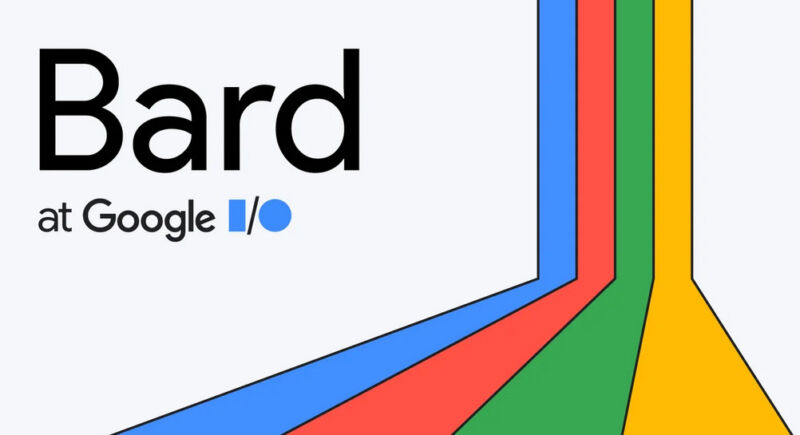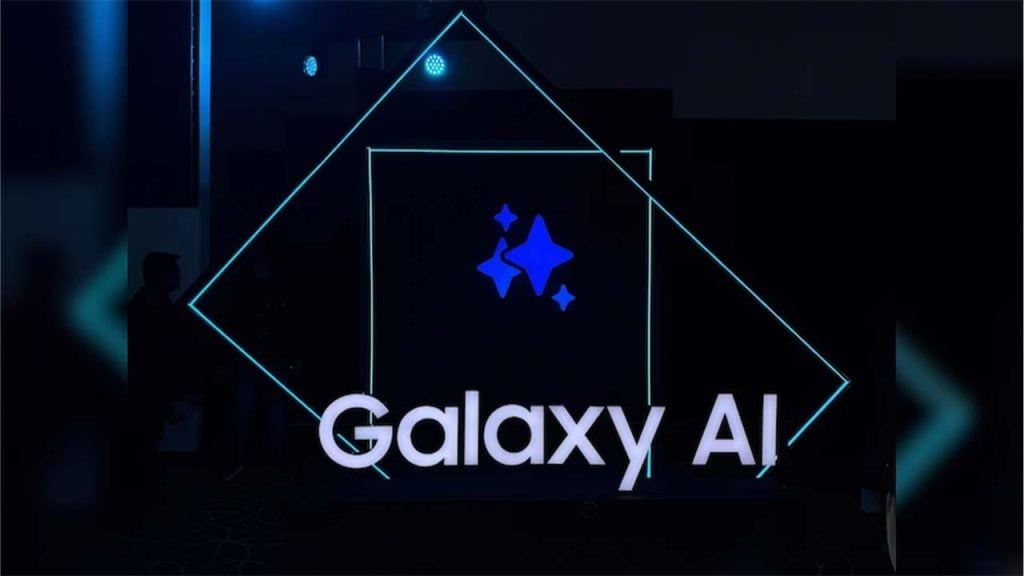
On Wednesday, Google detailed the evolution of its Bard conversational AI assistant, including PaLM 2 and expanded availability. The list of 180 supported countries and territories excludes Canada and all of the European Union's (EU) 27 member states. As the world grapples with how to juggle the explosive growth of generative AI chatbots alongside user privacy, there's suspicion that the EU's General Data Protection Regulation (GDPR) is at the center of the omission.
Google's I/O event this week included flashy announcements around AI developments and expanding Bard access with added Japanese and Korean language support. However, some people quickly noticed that EU countries and The Great White North were not part of the news. This could change, as Google's support page says the company will "gradually expand to more countries and territories in a way that is consistent with local regulations and our AI principles."
In the meantime, Google hasn't explained why it's not yet bringing Bard to the EU, Canada, or any other excluded geography. However, the EU features more stringent data protection and user privacy policies than Google's homeland. And the EU's AI regulatory landscape is on the brink of transformation.
ChatGPT already had trouble in Italy
So what sort of policy violations could a conversational AI assistant like Bard present in the EU? For some quick ideas, we can look at what OpenAI just went through to get Italy's temporary ban on ChatGPT lifted.
Italy has rather active privacy regulators and was one of the first countries to restrict access to an AI like ChatGPT. When announcing its temporary ban in April, the Italian government said ChatGPT had to comply with measures around "transparency, the right of data subjects—including users and non-users—and the legal basis of the processing for algorithmic training relying on users’ data."
OpenAI eventually complied with measures like sharing an online form that lets users opt out and delete data from ChatGPT's training algorithms. OpenAI also checks Italian users' birth dates upon signup to ensure they're either 18 or older or have parental permission. Further, OpenAI said it would try to educate users about ChatGPT through a publicity campaign with details like how users can decline to share data.
By not releasing Bard in the EU, Google can avoid jumping through similar hoops OpenAI faced to retain availability in Italy. GDPR's looming presence presents a wave of questions about how something like Bard could function with compliance in the EU.
GDPR guarantees that when it comes to their own data, EU users have the right to: access, rectification, erasure, restriction of processing, data portability, and objection, as well as to reject automated decision-making, such as profiling. Companies risk fines if their AI training data is boxed off in a way that precludes EU users from these rights.
Article From & Read More ( Google Bard hits over 180 countries and territories—none are in the EU - Ars Technica )https://ift.tt/Ue450Xu
Technology

No comments:
Post a Comment